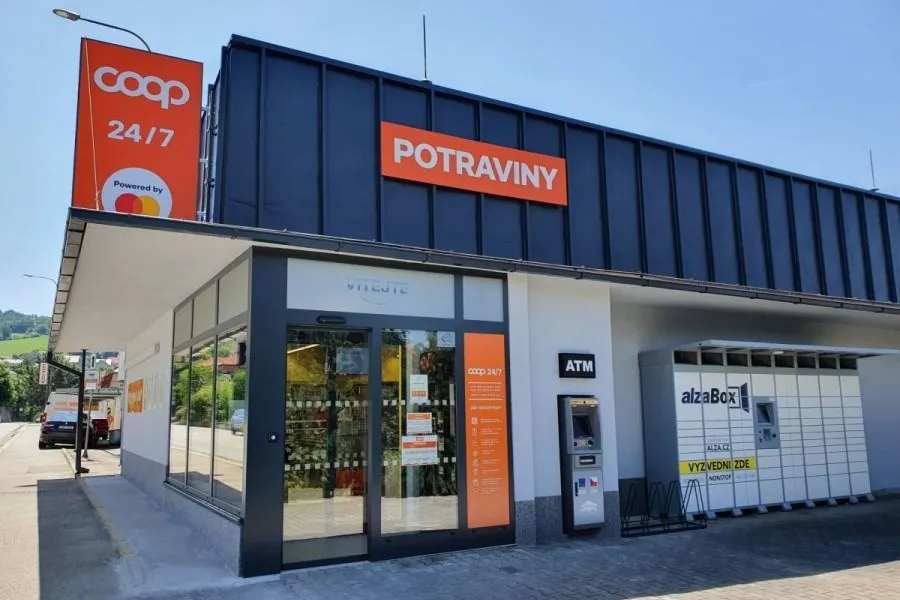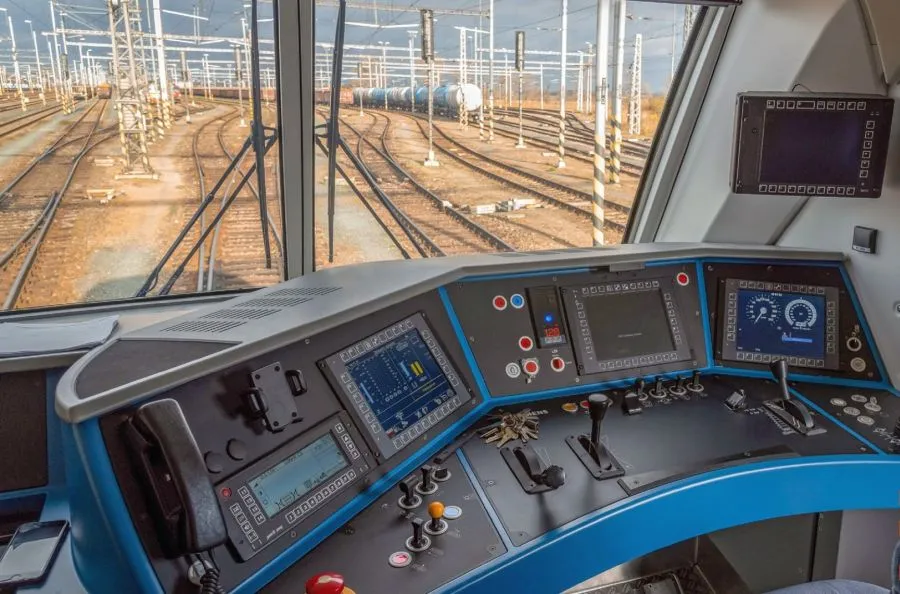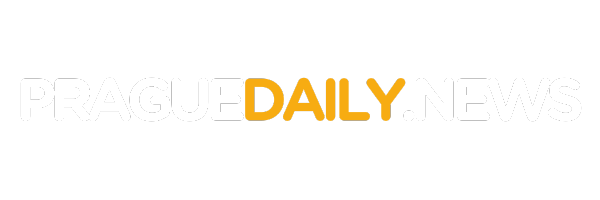
Increase in Industrial Production and New Orders in the Czech Republic in August 2024
Industrial production increased by 1.8% compared to the previous month
In August 2024, industrial production in the Czech Republic rose by 1.5% year-on-year in real terms. The increase in new orders was particularly notable, with a 10.6% rise compared to the previous year. Additionally, industrial production saw a month-on-month growth of 1.8%.
According to Radek Matějka, Director of the Department of Agriculture, Forestry, Industry, Construction, and Energy at the Czech Statistical Office (ČSÚ), this positive trend was primarily driven by motor vehicle production and the postponement of summer holidays in the country’s largest companies within this sector.
Key industries such as automotive, data processing equipment, electronics, optical equipment, and beverages recorded growth. However, production in sectors like machinery, equipment, coal mining, metal processing, and foundries continued to decline.
Incoming orders also saw a significant boost in August. The value of new orders was 9.4% higher than in the previous month and 10.6% higher year-on-year. Foreign demand increased sharply by 13.2%, while domestic demand grew by 6.0%. Veronika Doležalová, Head of the Industrial Statistics Department, highlighted the strong impact of the automotive sector and the shift in holiday schedules on the impressive rise in orders.
Despite these gains, the average number of employees in the industry decreased by 1.9% compared to the previous year, indicating structural changes and adjustments in the sector.
At the European level, the industrial production landscape was mixed. While production in the EU27 fell by 1.7% year-on-year in July 2024, Denmark saw a remarkable increase of 19.8%. In contrast, Hungary (-6.4%) and Estonia (-5.8%) were among the hardest hit. Germany also experienced a decline of 5.5%, while the Czech Republic registered a 1.9% drop. Sector-wise, the clothing industry posted the steepest decline at 14.1%, while the pharmaceutical sector grew by 10.8%.
Preliminary data for August 2024 will be released by Eurostat on 15 October, providing further insight into industrial trends across Europe.
More from Business

Automated Driving: Czech Republic Permits Level 3 Vehicles

The number of self-service shops continues to rise in the Czech Republic

